Vasalat 10Mg Tablet
₱22.00
IMPORTANT NOTICE: We require a doctor’s prescription for this product. Don’t forget to attach a copy of your valid prescription (.jpeg, .pdf, or .png format) upon checkout, or email it to [email protected] with your order number! To confirm your order and validate your prescription, our pharmacist will be in touch after you place your order. For a smoother transaction upon delivery, please be ready to present the original copy of your prescription when claiming your order.
* SOLD PER TABLET
Vasalat 10Mg Tablet
* SOLD PER TABLET
Generic Name: AMLODIPINE BESILATE 10MG TAB
- Applicable for Metro Cebu order
- Credit Card, GCash, Maya, Bank Transfer and COD payment available
- Daily Operations - 8:00 AM to 6:00 PM
- Order Cut-off - 3:00 PM
- Free Shipping for 1,499 and above orders (Visayas & Mindanao)
- For Order below 1,499 delivery fee of 99.00 (less than 1 kilo) will be applied
- For Order below 1,499 delivery fee of 199.00 (1 -3 kilo) will be applied
- Credit Card, GCash, Maya and Bank Transfer payment available
- Description
- Reviews (0)
Description
Vasalat 10Mg Tablet
Indications / Uses : Management of hypertension and prophylaxis of angina.
Administration : May be taken with or without food.
Contraindications : Except under special circumstances, Vasalat should not be used in severe hypotension: Amlodipine may aggravate this condition.
Special Precautions : Caution should be exercised when administering amlodipine as with other peripheral vasodilator particularly in patients with severe aortic stenosis and to patients with heart failure.
Risk-benefit should be considered when the following medical problems exist: Aortic Stenosis: Increased risk of heart failure because of fixed impedance to flow across the aortic valve.
Congestive Heart Failure: Amlodipine should be used with caution because of the slight risk for negative inotropic effect.
Hepatic Function Impairment: Clearance of amlodipine may be reduced since it undergoes extensive hepatic metabolism; elimination t? may be prolonged to 60 hrs.
Sensitivity to amlodipine.
Patient Monitoring: The following may be especially important in patient monitoring (other tests may be warranted in some patients, depending on condition): Blood pressure and heart rate determinations; ECG readings; reduced frequency or severity of anginal attacks; decreased nitrate consumption.
Improved exercise tolerance without angina is recommended primarily during dosage titration or when dosage is increased from established maintenance dosage level; also recommended when other medications are added that affect cardiac conduction or blood pressure.
Blood pressure determinations are recommended at periodic intervals to monitor efficacy and safety of amlodipine therapy; selected patients may be trained to perform blood pressure measurements at home and reports the results at regular physician visits.
Dental: Gingival hyperplasia is a rare side effect that has been reported with amlodipine. It has been reported with other calcium-channel blocking agents eg, diltiazem, felodipine, verapamil and most commonly, nifedipine. It usually starts as gingivitis or gum inflammation in the first 1-9 months of treatment. Resolution of the hyperplasia and improvement of the clinical symptoms usually occur 1-4 weeks after discontinuation of therapy. A strictly enforced program of professional teeth cleaning combined with plaque control by the patient will minimize growth rate and severity of gingival enlargement. Periodontal surgery may be indicated in some cases and should be followed by careful plaque control to inhibit recurrence of gum enlargement.
Surgical: Recent evidence suggest that withdrawal of antihypertensive therapy prior to surgery may be undesirable. However, the anesthesiologist must be aware of such therapy.
Carcinogenicity: No evidence of carcinogenicity was revealed in studies with rats and mice given amlodipine at dosages of 0.5, 1.25 and 2.5 mg/kg of body weight (mg/kg)/day for 2 years.
Mutagenicity: No evidence of mutagenicity was observed at the gene or chromosome level.
Impairment of Fertility: No impairment of fertility was observed in rats given amlodipine at doses 8 times the maximum recommended human dose prior to mating.
Use in pregnancy: Studies have not been done in humans.
No evidence of teratogenicity or other embryo/fetal toxicity was observed in rats or rabbits given up to 10 mg/kg during periods of major organogenesis. However, the number of intrauterine deaths increased above 5-fold and rat litter size was significantly decreased (by 50%).
Amlodipine should be used during pregnancy only if the potential benefit justifies the potential risk to the fetus.
Use in labor: Amlodipine has been shown to prolong the duration of labor in rats.
Use in lactation: It is not known whether amlodipine is distributed in breast milk thus, it is recommended that nursing be discontinued while amlodipine is administered.
Use in children: No information is available on the relationship of age to the effects of amlodipine in pediatric patients. Safety and efficacy have not been established.
Use in the elderly: The t? of amlodipine may be increased in the elderly. These patients may be more sensitive to the hypotensive effects of amlodipine and may require a lower initial dose.
Be the first to review “Vasalat 10Mg Tablet”
You must be logged in to post a review.



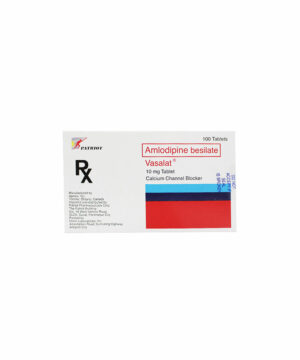


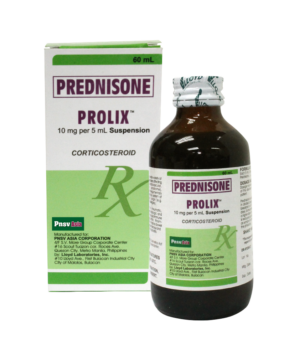

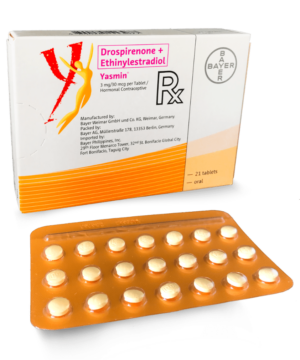




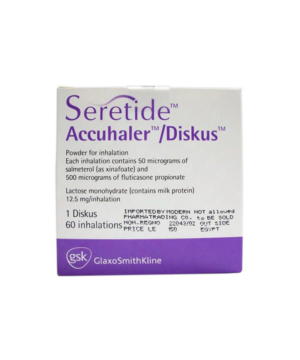
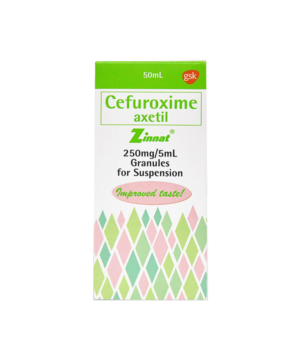




Reviews
There are no reviews yet.